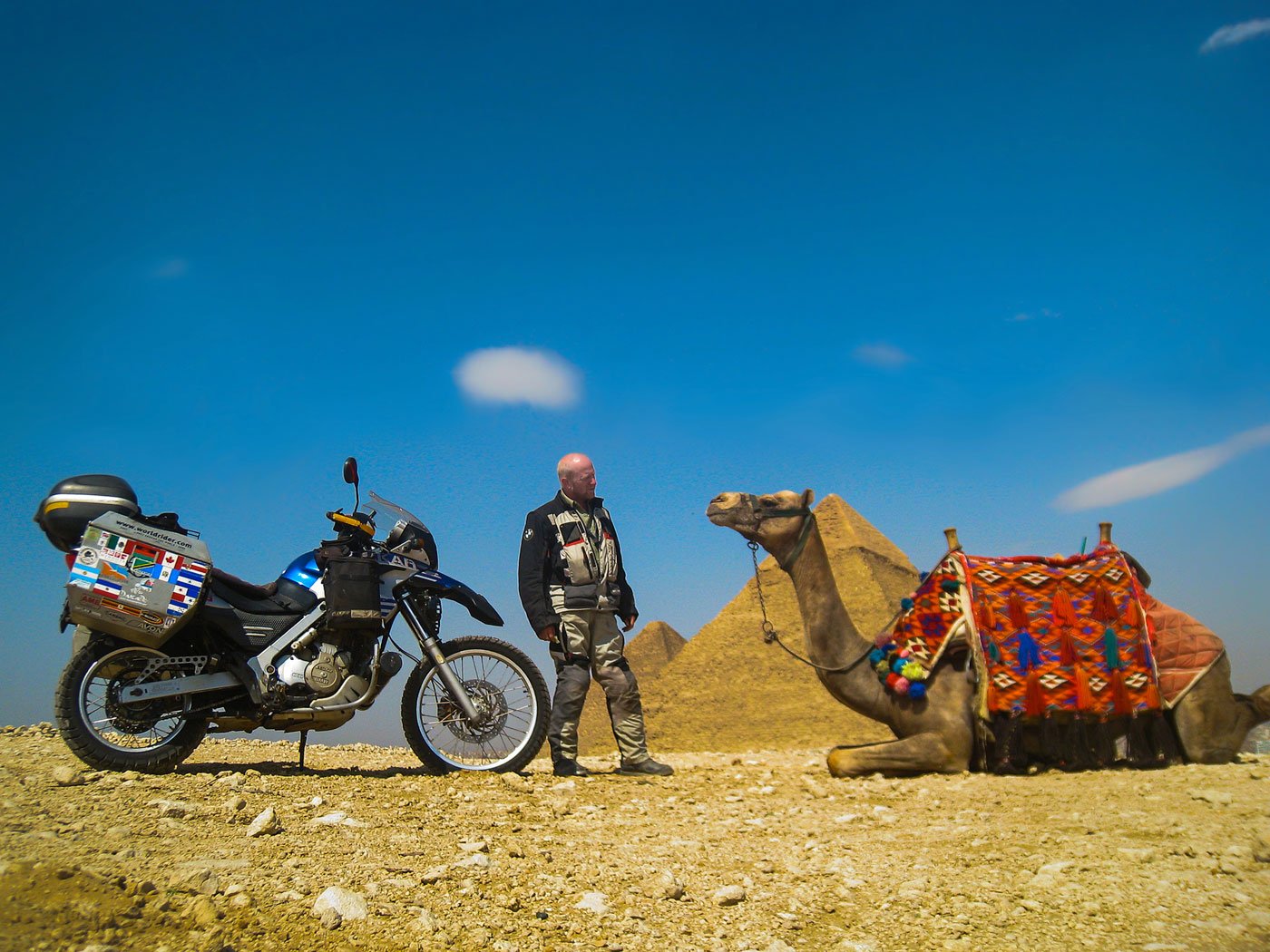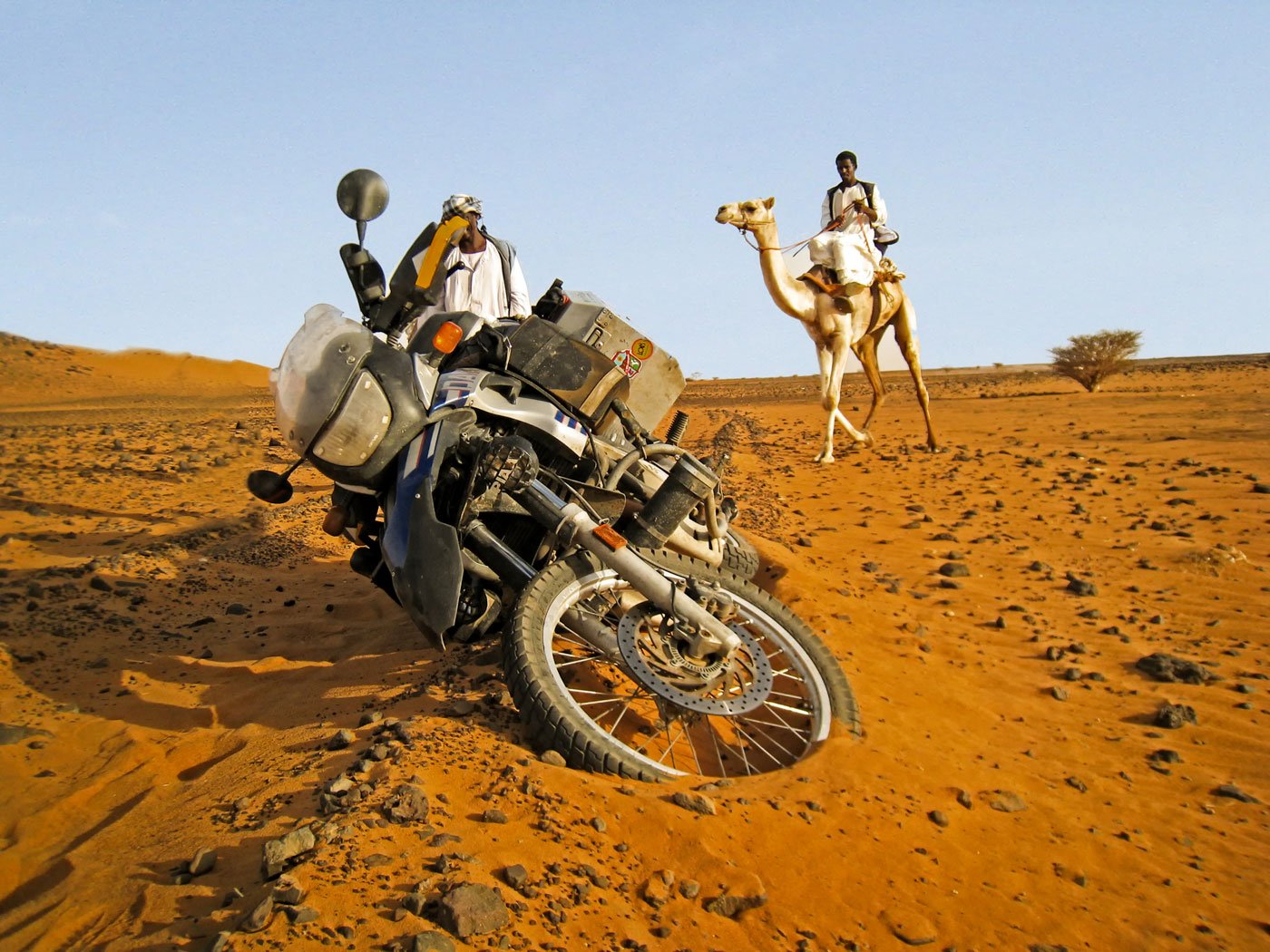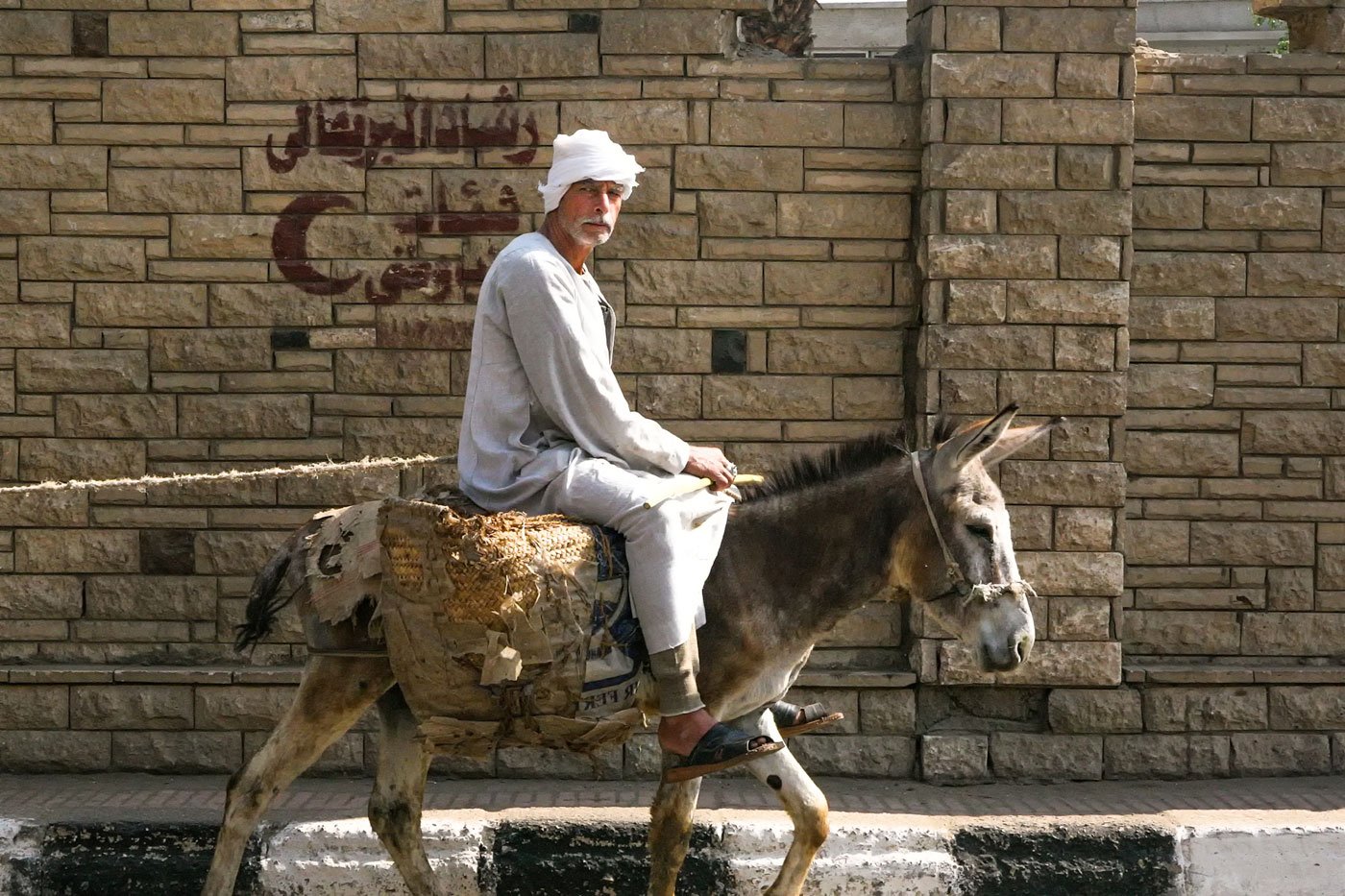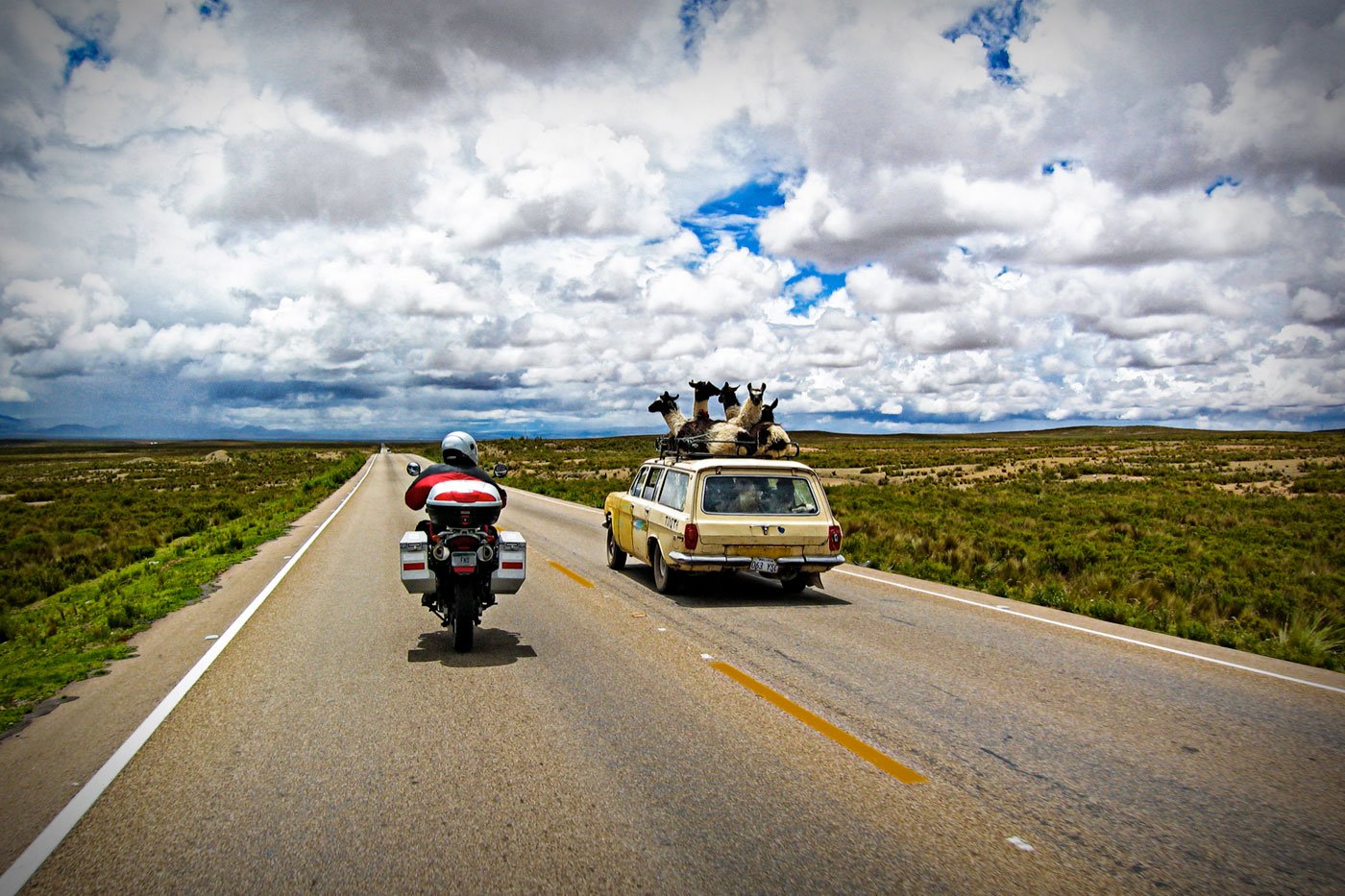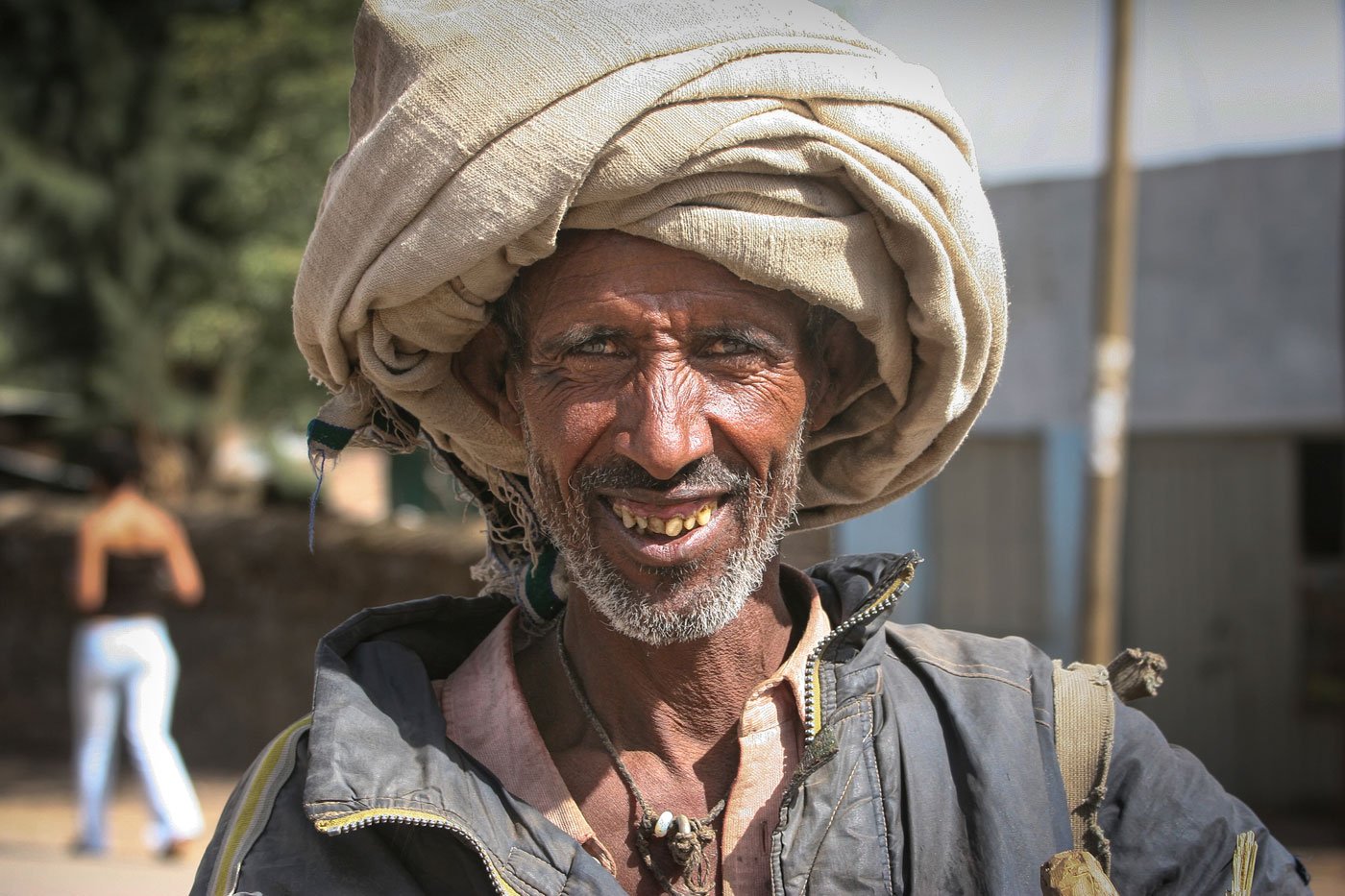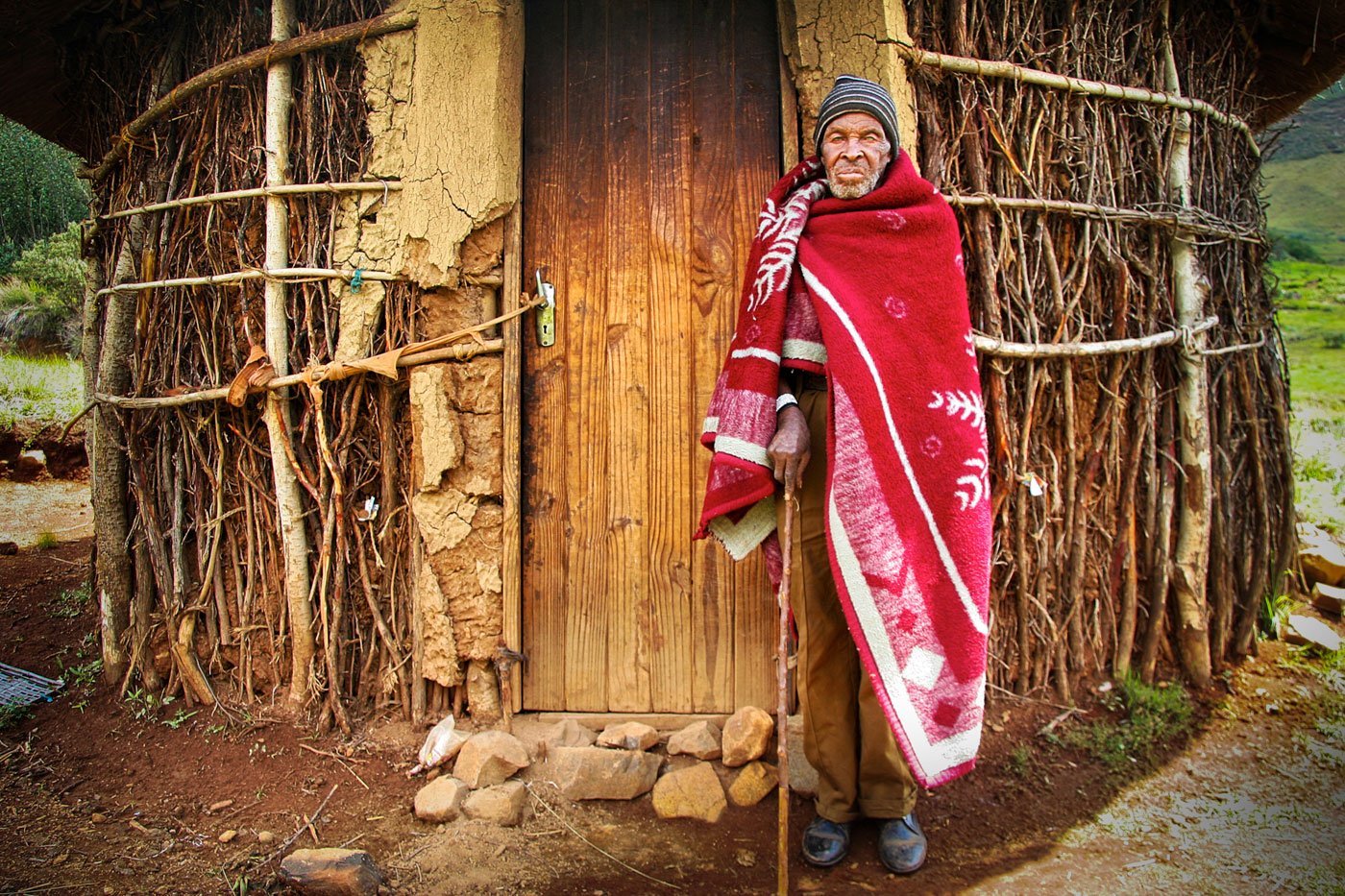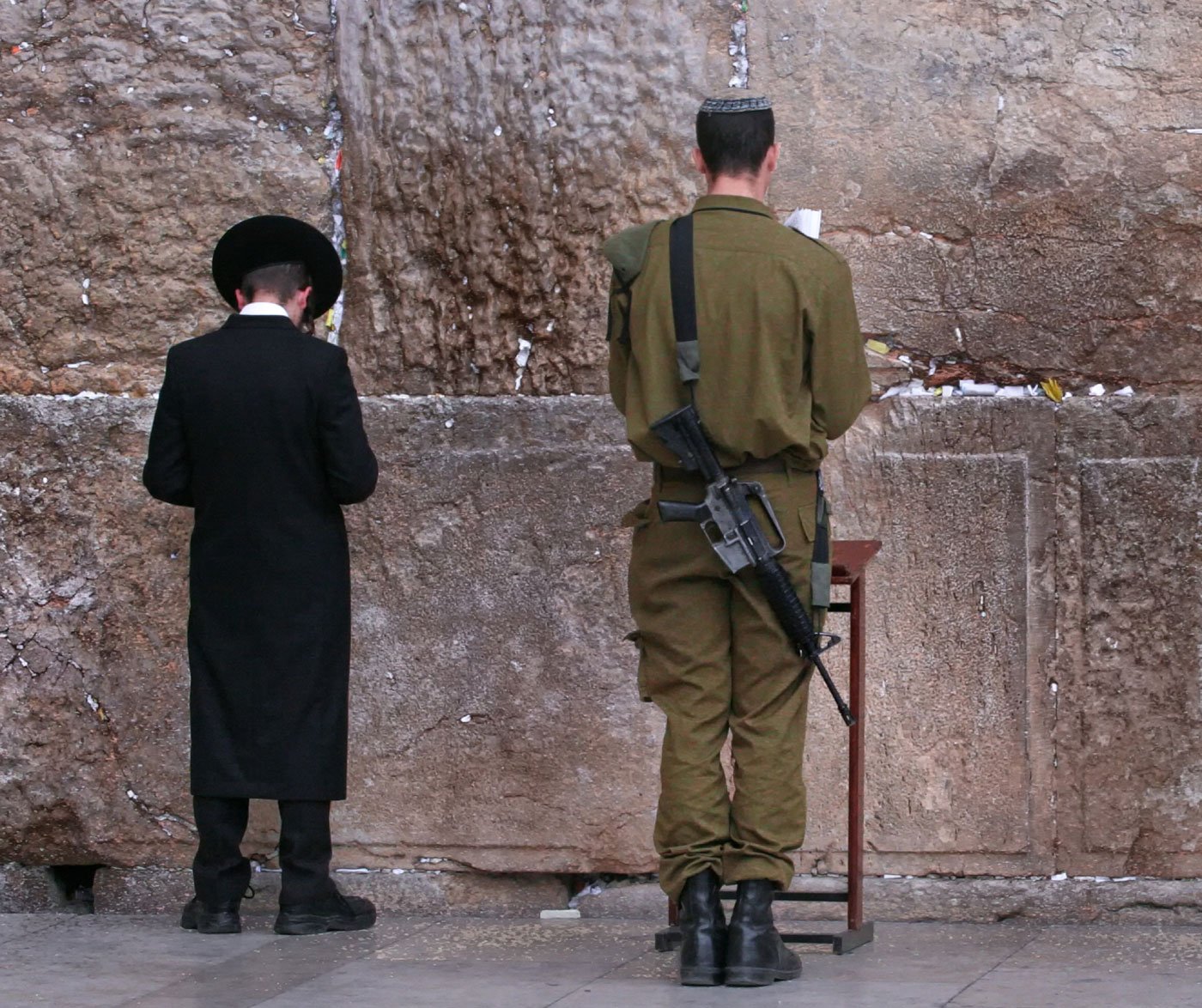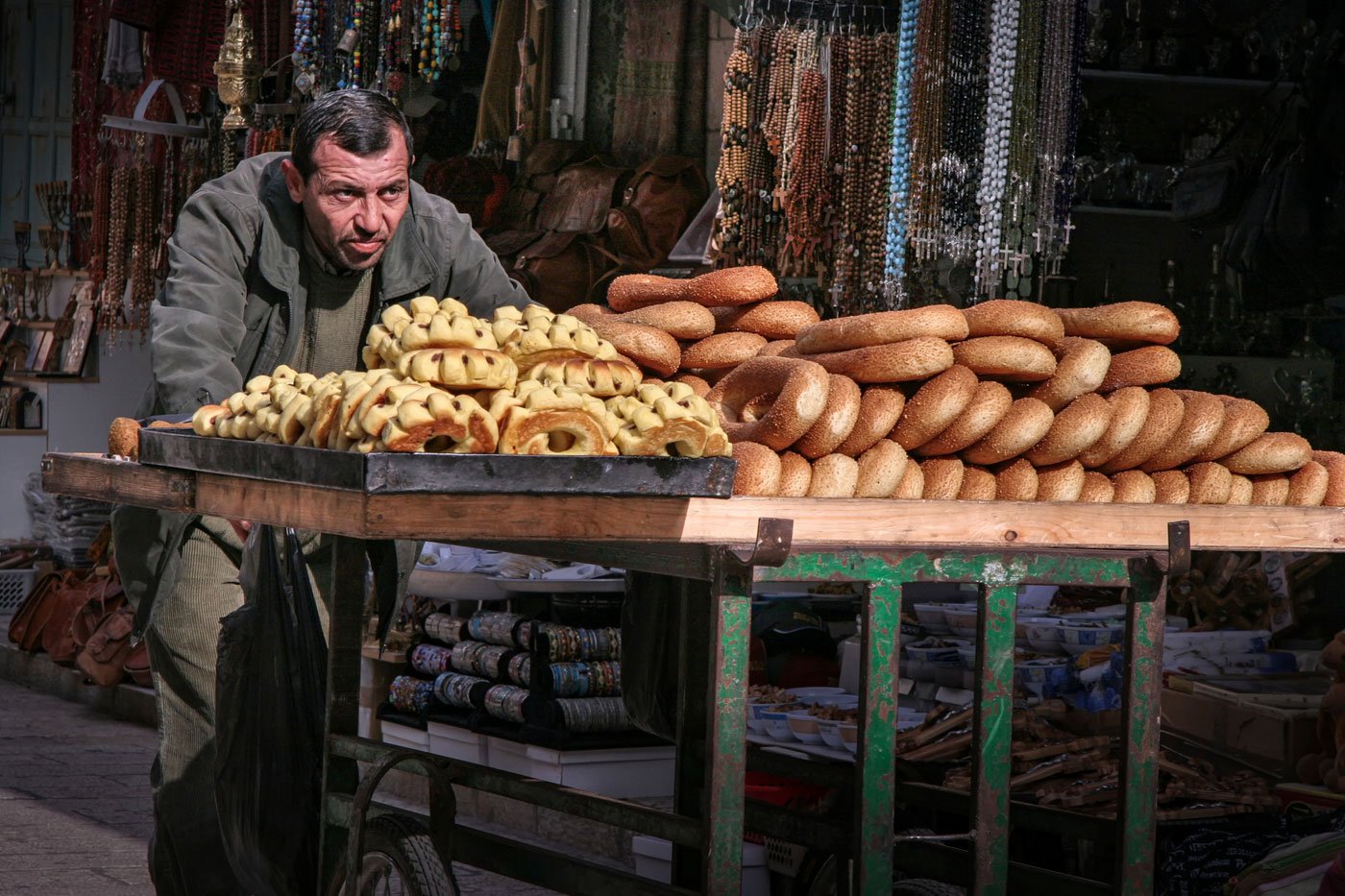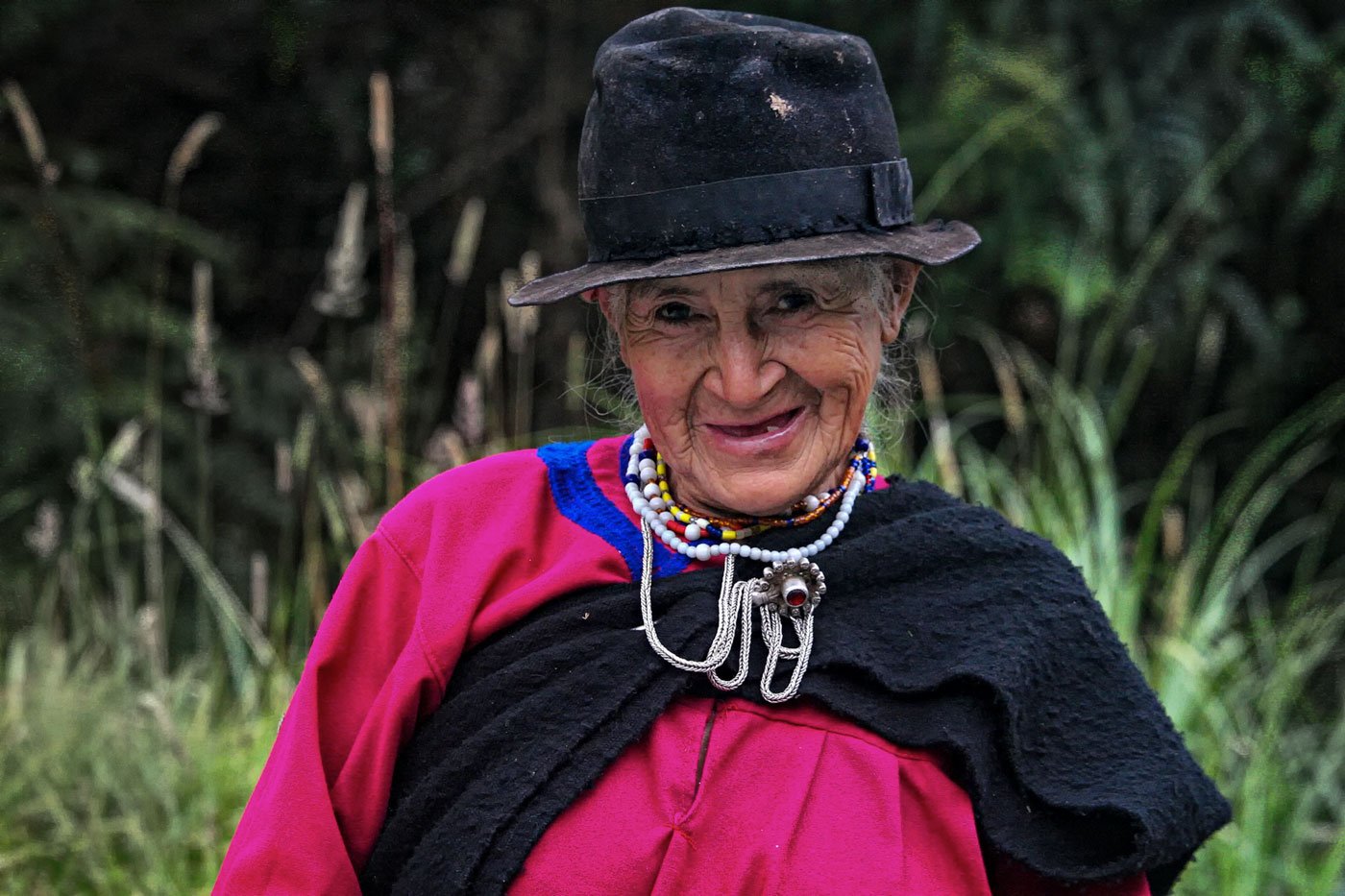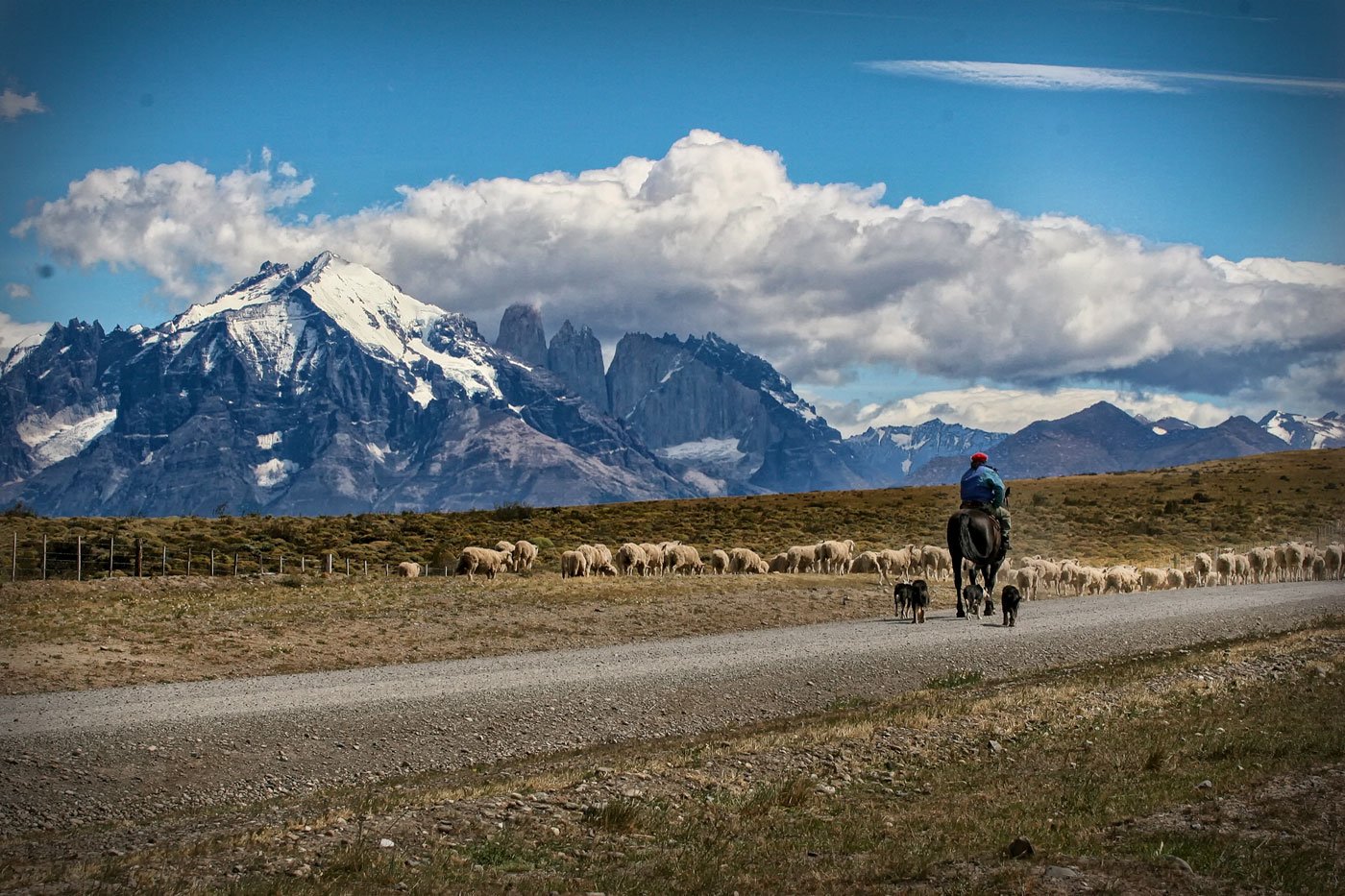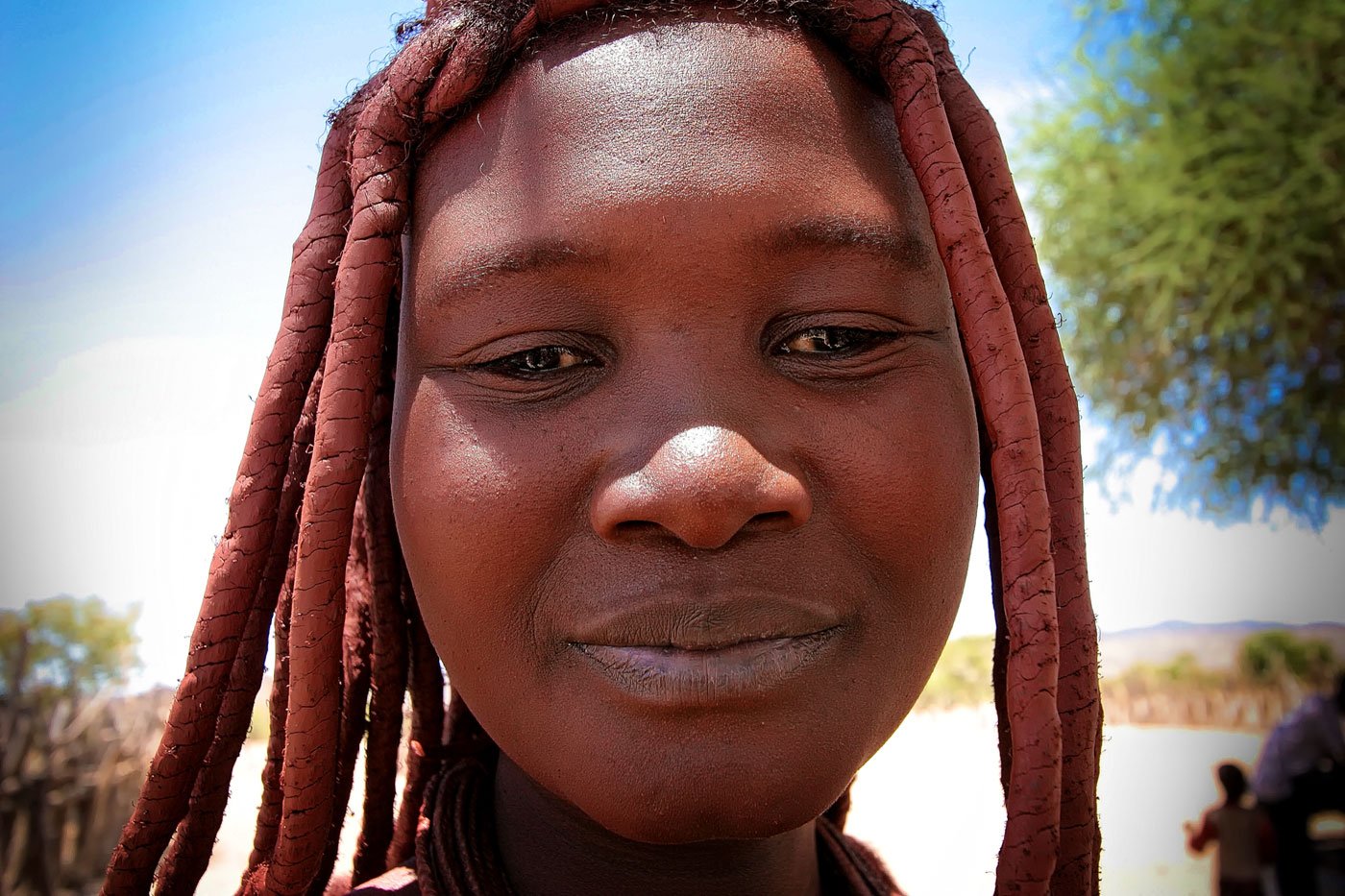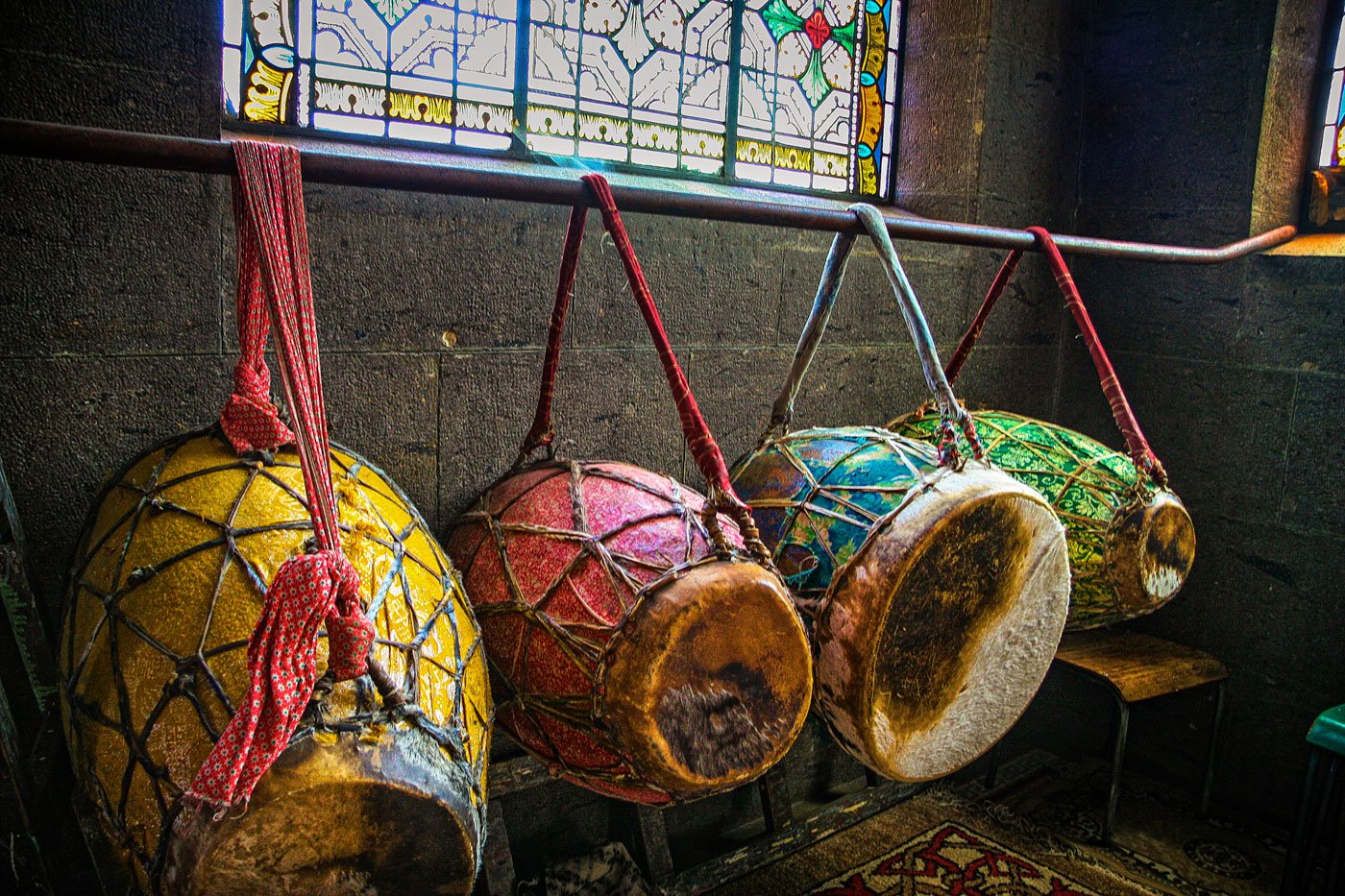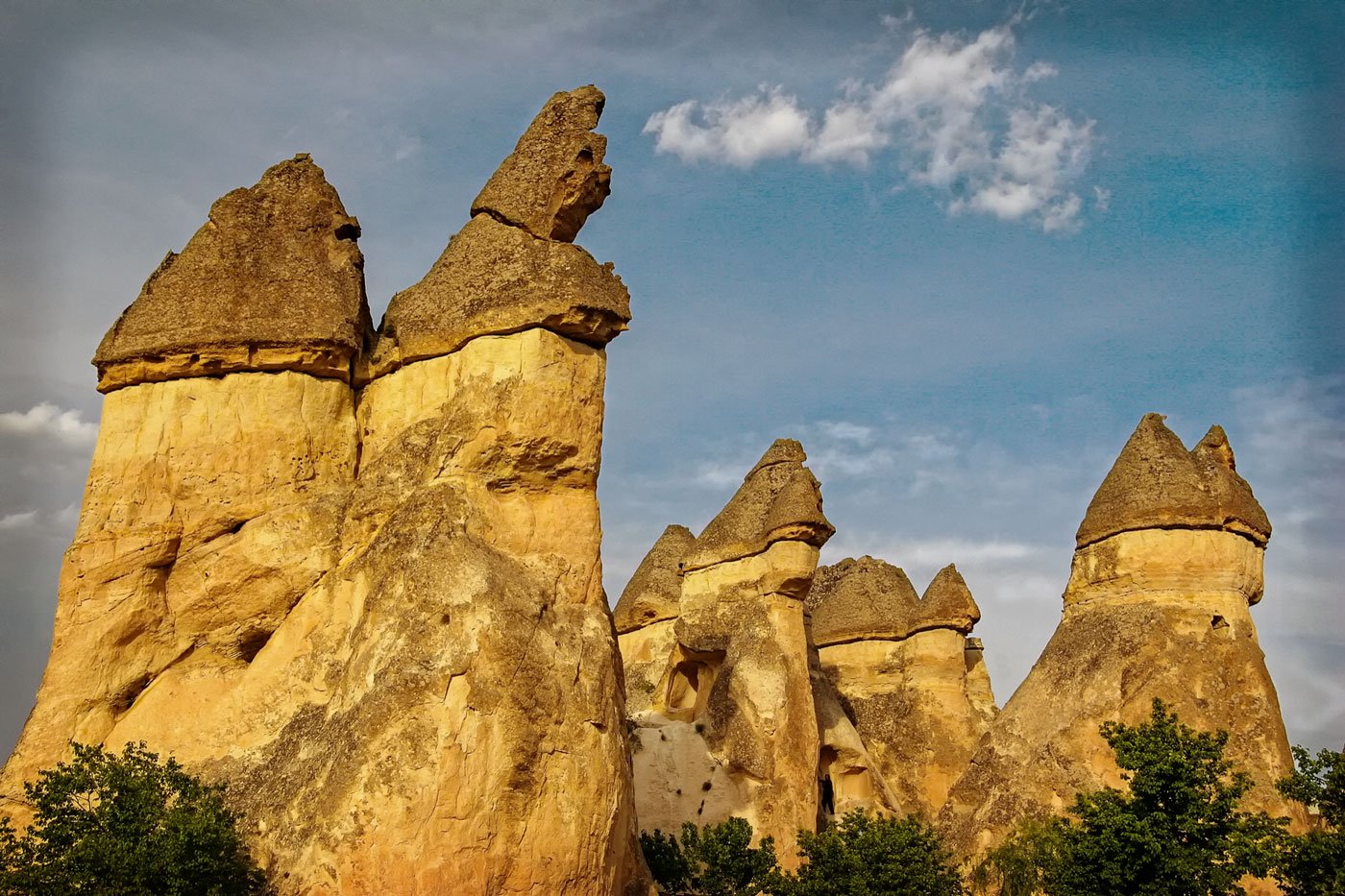At the beginning of Allan Karl’s WorldRider adventure, his outwardly successful life is falling apart. He is divorced from his wife of seven years. He has abandoned his high-powered job at a media agency. He feels empty. The turn of events is the setup for a mid-life crisis, and maybe that is just what this book is about. But, Karl’s crazy idea is not some half-baked stunt; it’s a dream he works hard to achieve. He tells his friends he wants to travel the world by motorbike. He makes his plans, packs his panniers, and hits the road for what will turn into a three-year trip and the story of FORKS—A Quest for Culture, Cuisine, and Connection.
From the start, Karl announces, “My goal was to ride a motorcycle around the world—alone…On a motorcycle, I knew I would have a chance to see, feel, and taste anything and everything along the way.” He sets his course for a visceral experience of travel, not a vacation package. He is the kind of guy who talks about the difference between tourists and travelers. “Tourists are motivated by personal bucket lists and the desire to check things off,” he says, but “Travelers are inspired by the journey, and although the destination is certainly important, they are motivated by curiosity: the desire to learn, experience, and feel something about the places they visit. Tourists follow itineraries. Travelers follow their hearts and dreams.” More traveler than tourist of course, Karl bikes on a schedule so that he can achieve his dream of being a “WorldRider.” It is like he asked himself how to make Anthony Bourdain look like a wimp.
But Karl does not travel alone just to be a tough guy. He wants to reflect and, in retelling his adventure, he translates his experiences in an inspirational vein. He shares his favorite sayings by writers such as Henry Miller and highlights his own universal truths in pull quotes. Illustrating his book with more than 700 original photographs, Karl offers a unique glimpse into each country he visits.
His combination of quotations and photographs makes his visual travelog seem more like a zen coffee table book than a memoir. This cross-genre title is all of those things and more. It is in part a how-to-guide, as Karl shares his packing list, his motorcycle specifications, and the statistics and maintenance of his journey, helping readers plan their own adventures. It is also a cookbook, thanks to a moqueca, a Brazilian fish stew, that drove Karl to write FORKS in the first place. Through food, Karl finds human connection and learns about national culture from a personal space, within the home. He collects at least one recipe from each of the 35 countries he visits, tests his versions at home, and makes them ready to share with the help of food styling by Lisa Meredith and photography by James Porter. In flavor, the 40 dishes are almost all savory comfort food. It’s no surprise; readers learn that after long stints of riding, Karl is almost always hungry for dinner and a beer. Karl eats poutine, tacos al pastor, conch soup, and ceviche, just to name a few plates. I tried my hand at the quinoa salad from Bolivia, the Argentine asado, and a simplified version of Uruguay’s Chivito sandwich, all tasty. In my home, FORKS can be found shelved in the kitchen.
Over the course of his journey, Karl sees five continents and logs 62,000 miles, traveling through terrain such as the Yukon and the Amazon. He explores South America and Africa but passes over Asia and the parts of Europe that are most often found in travel and food writing, stopping only at Turkey. He stays in hostels, people’s homes, and the occasional resort that offers a discount. He keeps a journal as he goes, and later revises his musings into the easy-reading travelog that they are today. The page design of FORKS nods to the diaristic beginnings of the text. There is more than one computer-generated coffee stain decorating the margins.
The personal scope of FORKS reveals some of Karls’ innermost thoughts, notably the connection he sees between difficulty and happiness. In passages about the “realness” he found in the corners of the earth, Karl seems to idealize poverty. He writes that “Far from the white tablecloths and glistening stemware of five-star resorts, big city restaurants, and celebrity chefs, I discovered the true beauty of humanity. While sharing real food, sitting at dining tables in simple kitchens or on the floors of thatched huts, at roadside stands or in local restaurants, I connected with real people and embraced the diversity of our world through the unifying warmth of shared food and drink.” He sees the good in “the road less traveled” by upper-class tourists, in the “primitive” communities that billions of people live in everyday. He thinks of financial comfort, which he has back home in Southern California, as a veil behind which people hide from the human experience. In his photographs, he captures more smiling than crying faces, and in his writing he says these people are the happiest he has known. Maybe they are, but he’s still a guest in their homes, and there is no way he can see the whole story with its complex politics and emotions. In the end, Karl returns to California, and he knows that through every hardship.
Many struggles pepper his journey. He camps out at customs for days to enter Syria and Sudan and is barred from visiting Iran. He breaks his leg in Bolivia and is held at gunpoint in Columbia. He is pick-pocketed in Buenos Aires and finds $2000 worth of damage and theft to his motorcycle when he returns to the USA. That final offense stings the worst, and Karl expresses his shock, saying, “Here, in my own country, I’m violated. This is not the homecoming I expected.”
Back home, Karl pitches his book to traditional publishers and is met with resistance. No one wants to fund his genre-bending tale; they ask him to simplify the premise and come again. But, he refuses to compromise on his photography, writing, or recipes. He already has an audience from blogging about his journey, so he knows that there are readers for his work. He starts a Kickstarter campaign and raises 200% of his goal to self-publish. The resulting book is perhaps not so refined as it would have been if the same content were edited and produced by a publishing house, though it is a book I’ll keep. I won’t read it through again, but I like the idea of cooking more of the recipes I bookmarked and flipping through the pages to help me imagine where and how I will travel next.
FORKS—A Quest for Culture, Cuisine, and Connection
by Allan Karl
WorldRider Publishing and Press
Independent Publishers Group
Hardcover, 270 pages.


